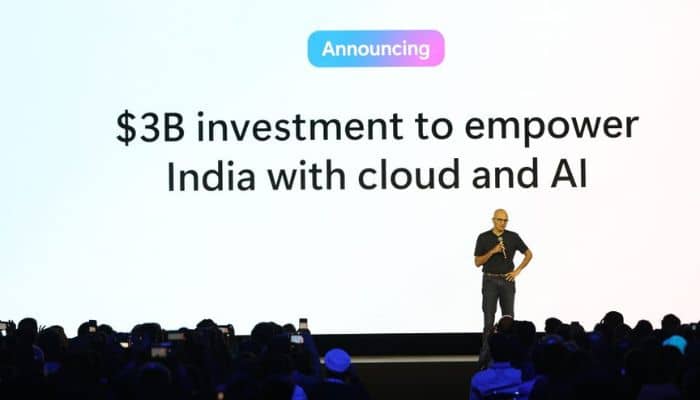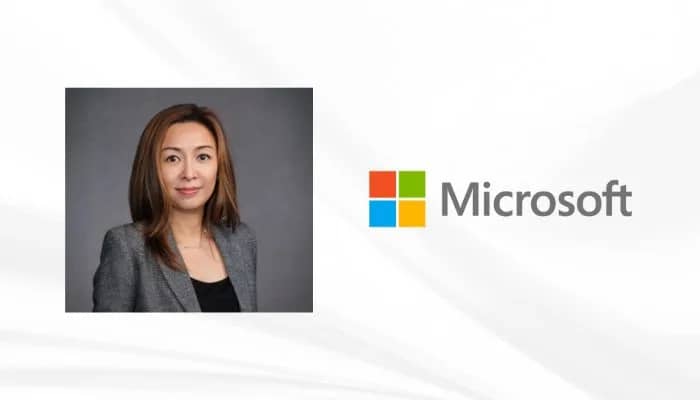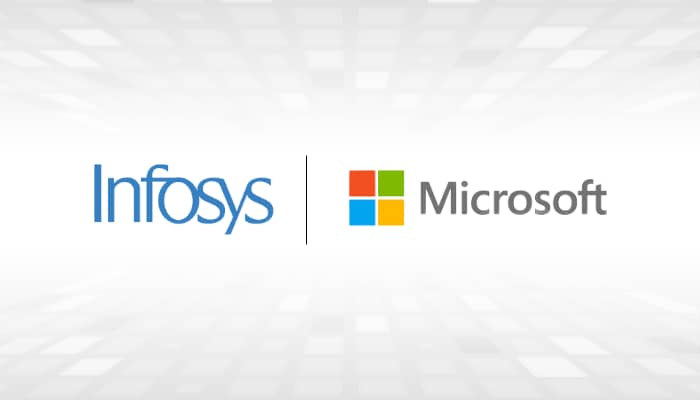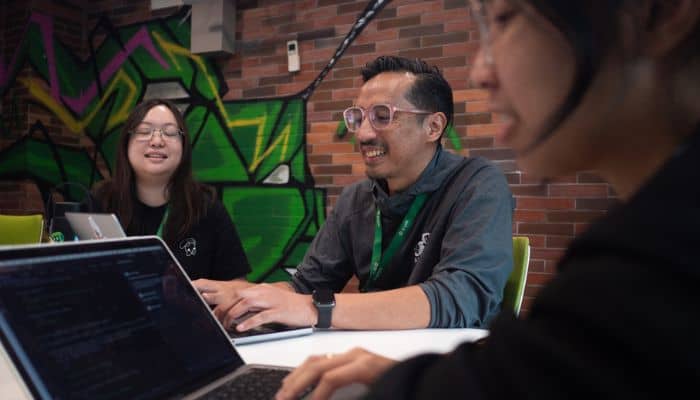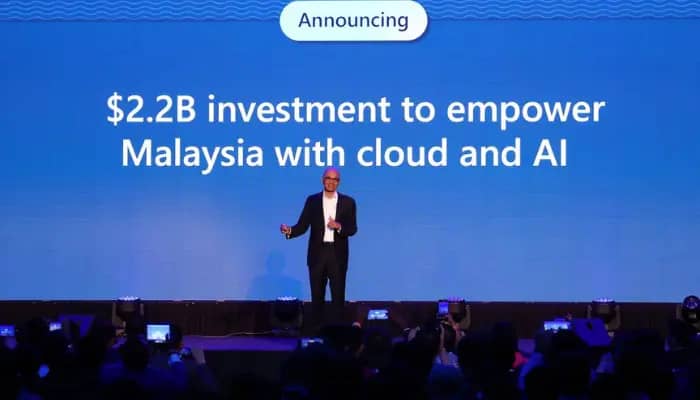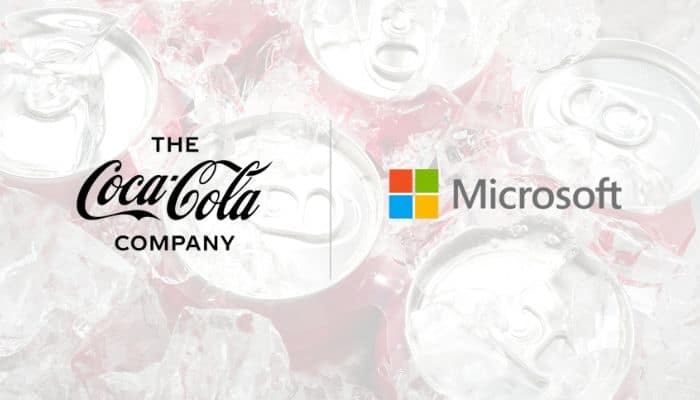Singapore – Sitecore has announced the launch of the Sitecore AI Innovation Lab, a unique program created in collaboration with Microsoft that provides a guided environment for marketing leaders looking to rapidly explore AI-driven solutions for optimising content operations.
Furthermore, it allows marketers to clearly define their AI journey and fast track the development of solutions best suited for their specific use cases.
It is worth noting that this solution addresses concerns on whether marketers are hesitant to invest heavily in new technology without proof of ROI; as they don’t want to risk budget or reputation on AI projects that might fail and struggle to prioritise the time investment needed to figure out where AI may fit best to aid their strategies.
In response, the Sitecore AI Innovation Lab targets these specific pain points by providing a collaborative, guided environment to rapidly explore AI-driven solutions powered by Microsoft Azure and Azure OpenAI Services.
Participants work alongside Sitecore and Microsoft experts to prototype solutions for their unique challenges using an agile and low risk approach. The result is either a validated AI solution or invaluable learnings, that can further empower marketers to achieve their business objectives and position their brands at the forefront of digital innovation.
Some of the benefits of the program include being focused on AI innovation in marketing and best practices with minimal risk and time commitment required, with participants getting access to Sitecore and Microsoft experts to prototype solutions to address their unique challenges.
Moreover, the program aims to accelerate AI adoption and empowers marketers to position their brands at the forefront of digital innovation. In addition, AI innovations developed with customers will be integrated into Sitecore’s DXP to further enhance, improve and future-proof the platform.
Dave O’Flanagan, CEO of Sitecore, said, “The Sitecore AI Innovation Lab marks a significant milestone in our commitment to empowering marketers with cutting-edge AI solutions. By collaborating closely with Microsoft, we are providing a best in class, unique opportunity for marketers to innovate and transform their content operations and the experiences they can deliver to their customers.”
He added, “The Lab underscores our dedication to driving digital experience innovation and helping our customers achieve their objectives. We are excited to see the groundbreaking solutions and best practices that will emerge from this effort.”
Meanwhile, Mo Cherif, vice president of AI and innovation at Sitecore, commented, “Sitecore is at the forefront of digital experience, and launching the first AI Innovation Lab for marketers is exciting and underscores our commitment to marketer-first AI. For those eager to leverage AI but unsure where to start, our lab offers a fail-fast, goal-oriented experience. Successful AI solutions mean significant time and effort savings – a direct boost to productivity and the bottom line for customers.”
Lastly, Jason Graefe, Microsoft Corporate Vice President, WW ISVs and Digital Natives, stated, “Microsoft is proud to collaborate with Sitecore on this groundbreaking initiative that empowers marketing leaders to harness the full potential of AI. By providing access to expert guidance, we are enabling marketers to innovate rapidly and transform their content operations.”
He added, “The Sitecore AI Innovation Lab offers a collaborative environment that makes it easier for marketing leaders to explore and prototype AI-driven solutions with minimal risk. This partnership highlights our unwavering dedication to driving digital transformation and helping businesses thrive in a digital-first world.”


